Stars and STEM Stories
GLOBE Taiwan Partnership Workshop Focuses on Microsplastics Monitoring to Gain Deeper Understanding and Raise Awareness
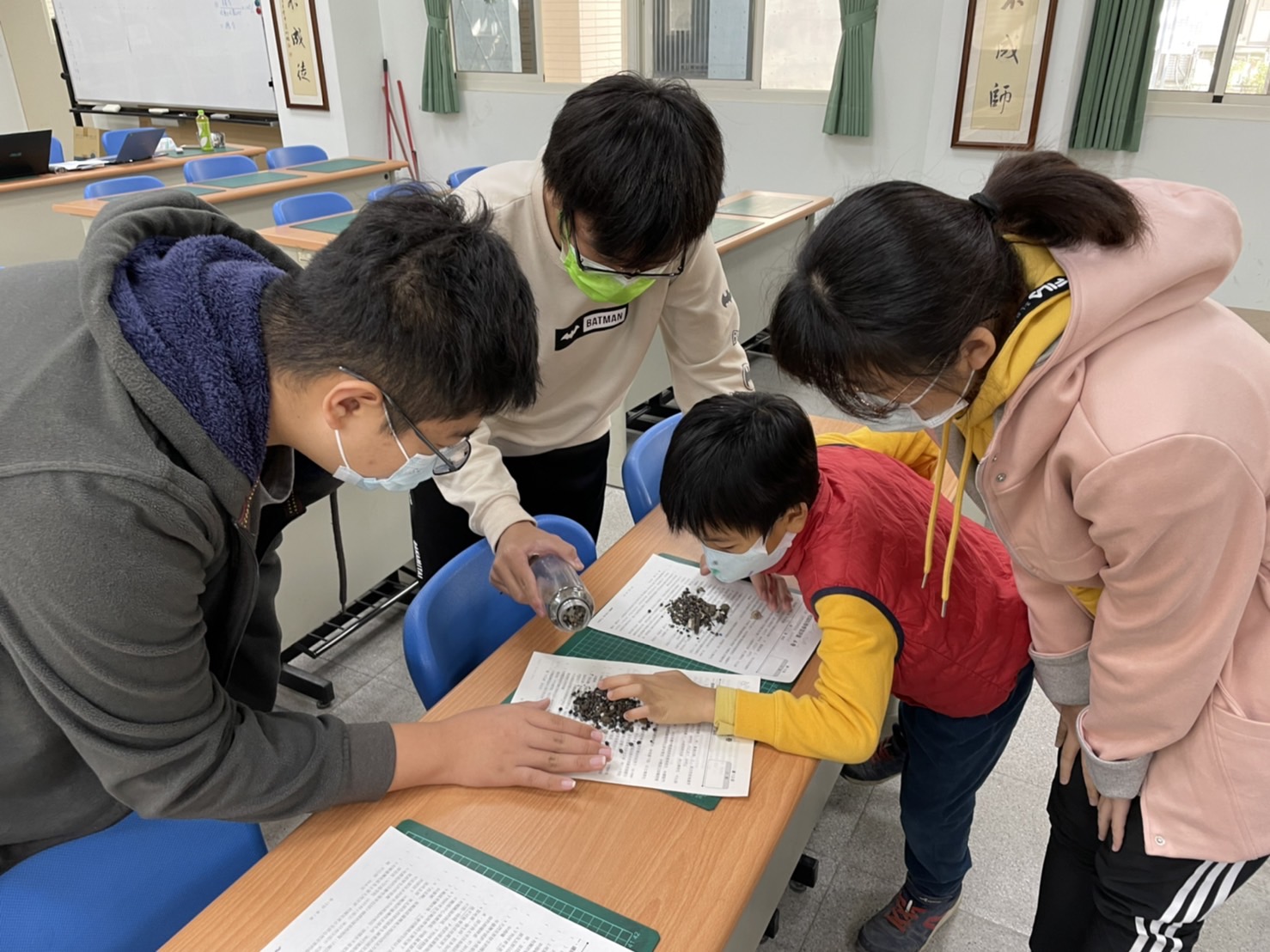
In November 2021, the GLOBE Taiwan Partnership hosted a workshop to help teachers learn how to develop a microplastics investigation protocol, and to provide a space where they could discuss how to incorporate the new knowledge into their classrooms. Fifteen teachers from 13 schools participated in the workshop.
“In September 2021, eight teachers in Taiwan were trained by the Microplastics Monitoring Team,” said Kuan-Ting Chen, the Assistant Country Coordinator, GLOBE Taiwan Partnership. After the online training, GLOBE Taiwan hosted a larger in-person workshop.
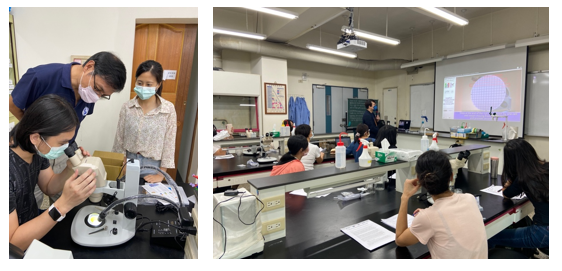
“Marine plastic pollution is deeply concerning in Taiwan because Taiwan is located in the Pacific Ocean. Some Taiwan teachers have been working on the investigation about plastics pollution and teaching the knowledge of marine ecosystem to enhance students’ awareness of hydrological environment. Taiwan teachers are very excited and interested in the developing microplastics monitoring protocol.”
“Twelve schools were supported by the GLOBE Taiwan office to do the investigation of microplastics issues,” Kuan-Ting Chen said. “One team from Feng Yuan Senior High School investigated two rivers flowed through the central of Taiwan. They collected water samples from three sites along the Dajia River and five sites along the Wu River. The sites included the head and downstream of rivers.”
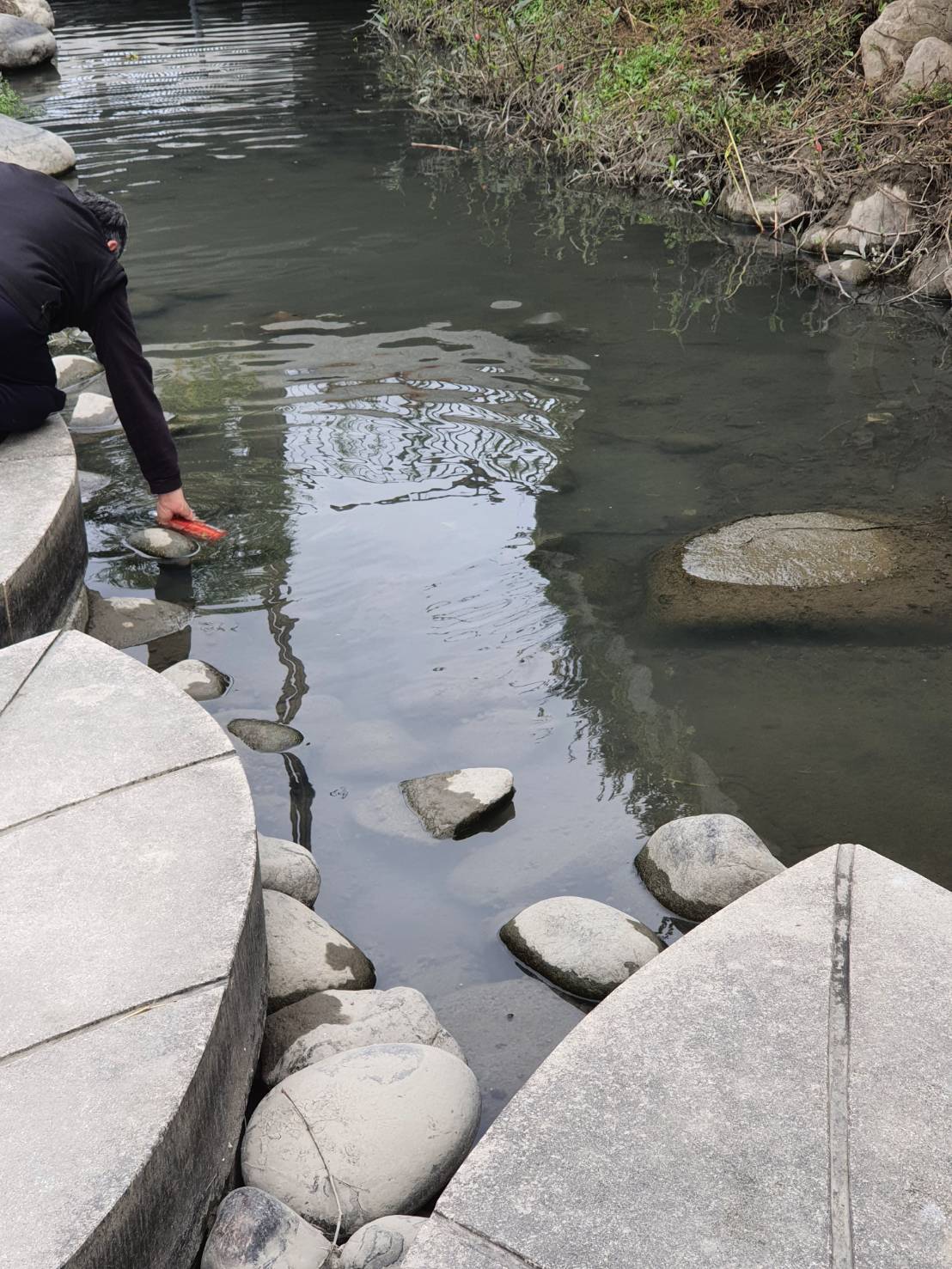
“The results showed that the amount of cellulose and animal textile fibers decreased from the upstream to the downstream, but increased in the outlet. Man-made fibers gradually decreased from the upstream to the downstream.”
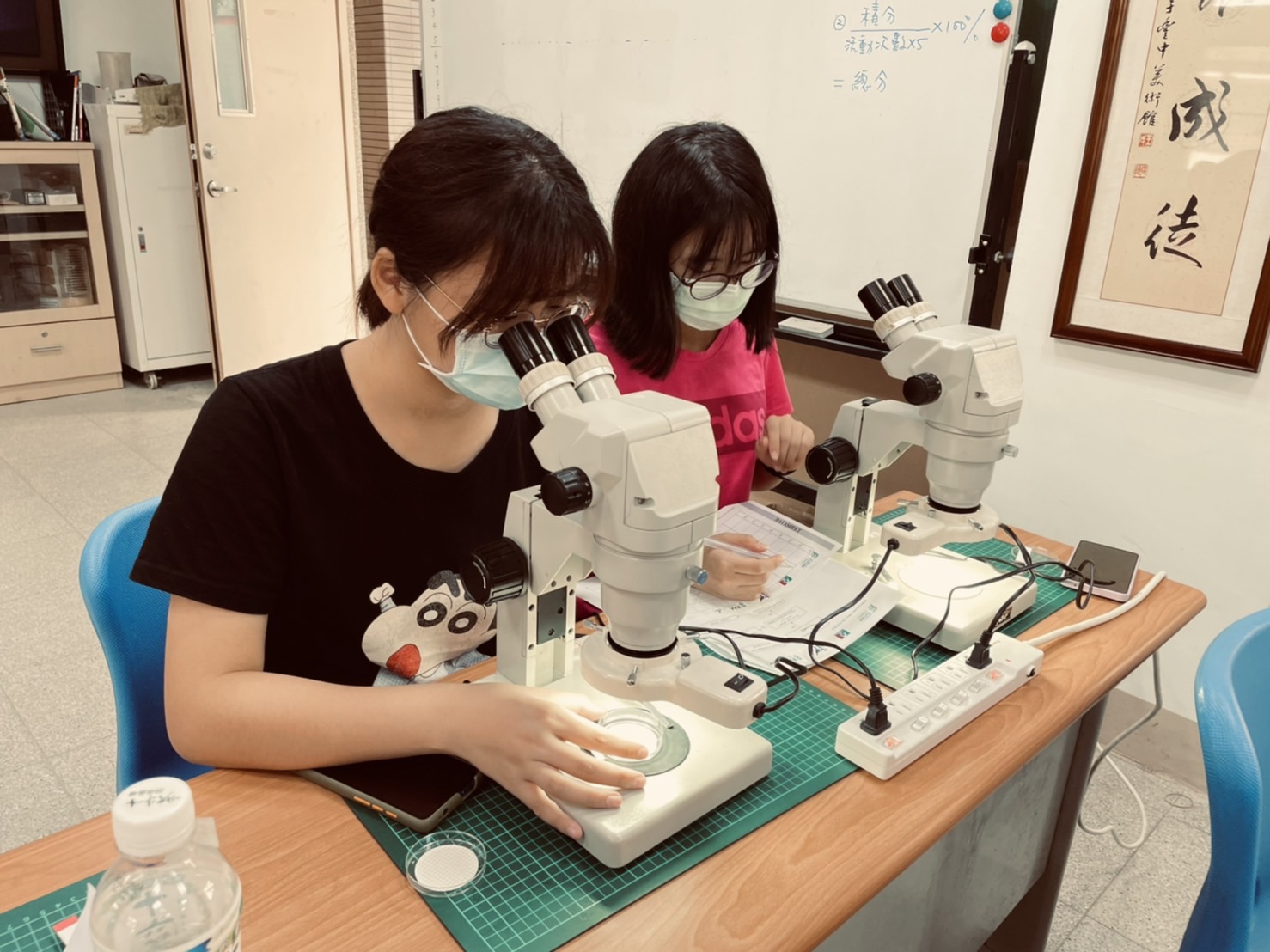

“Students found lots of plastic wastes in the outlet, which was a fishing harbor. At the 2022 GLOBE Asia Pacific Regional Meeting, students showed their results and gained feedbacks from teachers and scientists, discussing ‘Why can you find the microplastics in the origin of the river?’ and ‘Did you consider about the tidal effects?’”
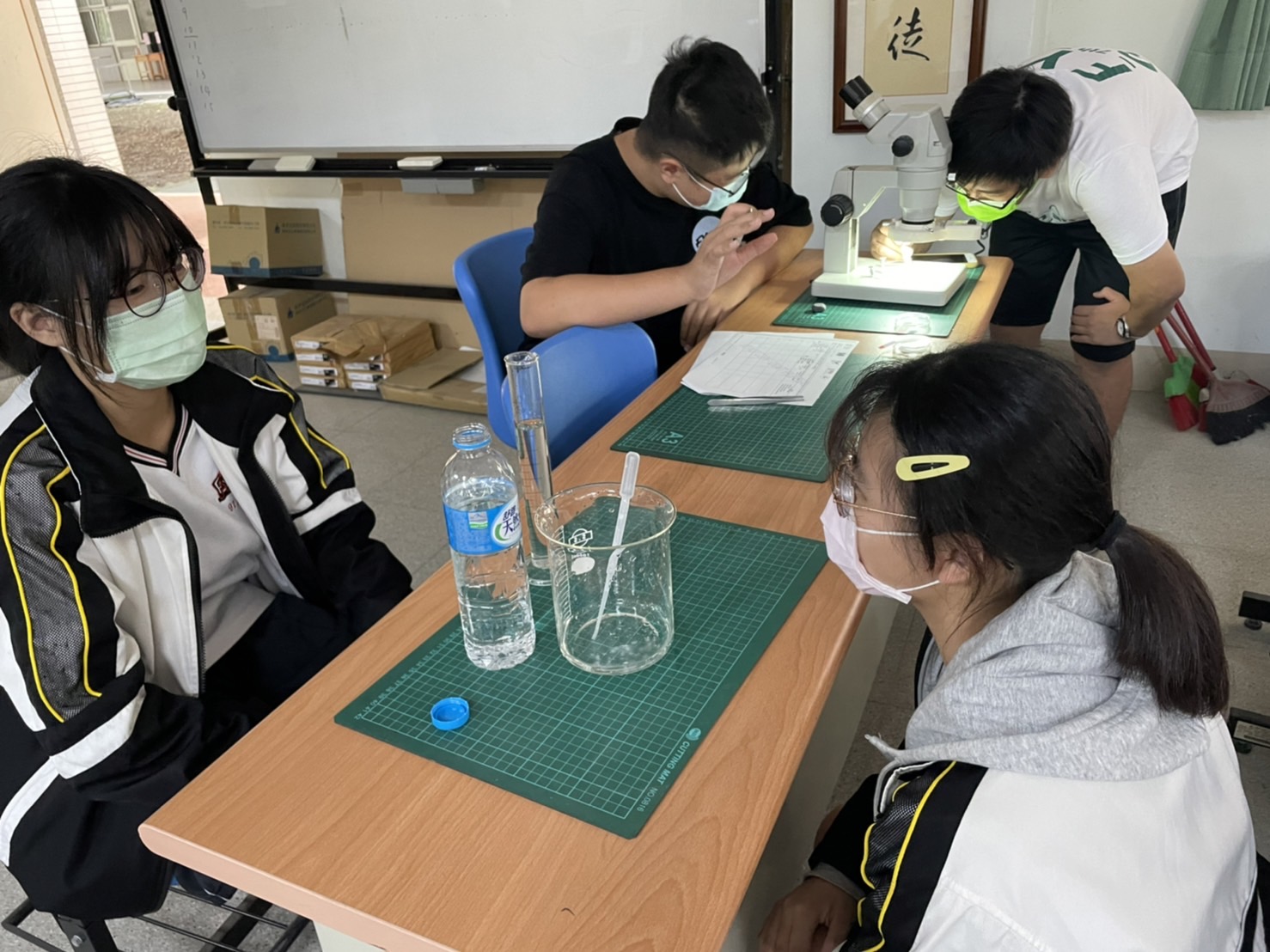
After the meeting, their teacher, Ms. Ke-Hsuan Zheng, said that the questions and feedback inspired students. “They cannot wait to collect more data and do more observations to investigate the reasons,” she said.
“The GLOBE Taiwan Office will keep promoting the microplastics monitoring and helping teachers to align with the curriculum,” said Kuan-Ting Chen. “We will also encourage students to do related investigation, submit their reports to GLOBE IVSS, and share the results to the whole GLOBE community.”
“Because of the geography in Taiwan, we do care about the issues of microplastics pollution. The developing microplastics monitoring protocol is an opportunity for teachers and students to gain a deeper understanding about the relationship between human activity and our environment, and even raise public environmental awareness. For teachers, getting involved in the developing microplastics monitoring protocol can make their teaching more fruitful.”
Kuan-Ting Chen said this investigation is imortant to The GLOBE Program because it is a worldwide science and education effort. “Because of the different geography and environment in countries, students can investigate the issues based on their surroundings and share with others, who have the same problem but have different environmental conditions. Moreover, Taiwan students can contribute what they found and compare their results with the country, which is also an island, to discover the microplastic issues.”
Star Story submitted by Dr, Desh Bandhu, Coordinator, Asia and Pacific Regional Coordination Office; and Kuan-Ting Chen, Assistant Country Coordinator, Taiwan Partnership.





